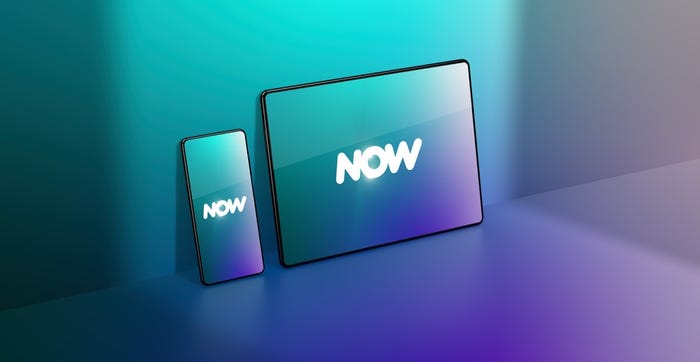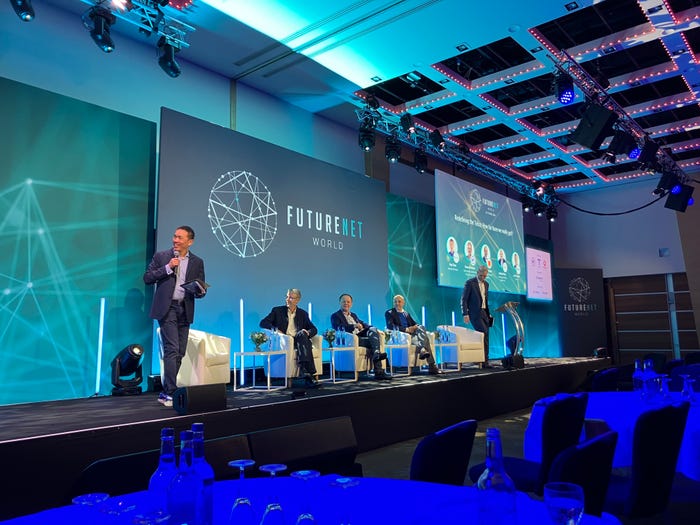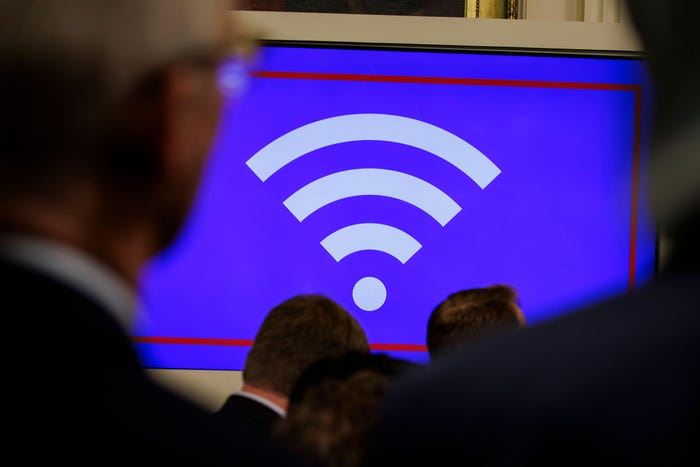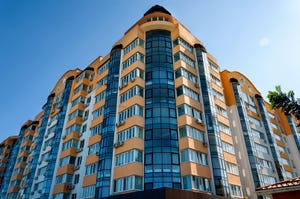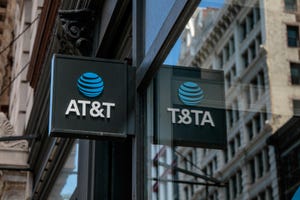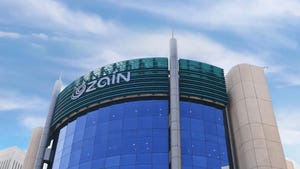T Mobile, 732 Broadway, New York, NY. exterior storefront of a cellphone store in the NoHo neighborhood of Manhattan.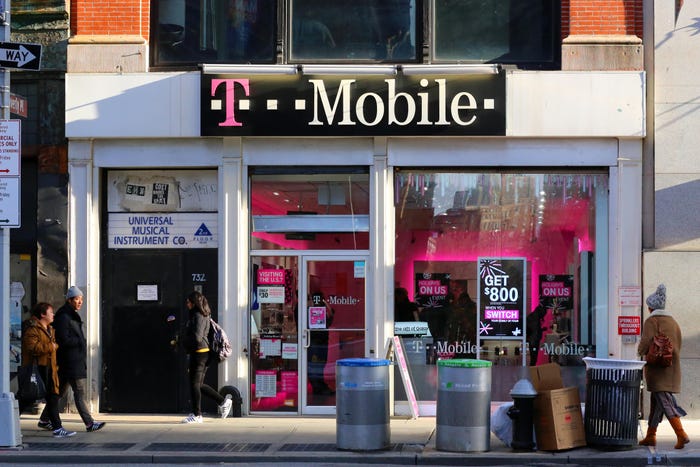
Fixed Wireless Access (FWA)
T-Mobile puts 1.2TB soft cap on its FWA serviceT-Mobile puts 1.2TB soft cap on its FWA service
After applying the cap to new customers in January, T-Mobile is now warning that all of its FWA customers may be subject to slower speeds if they consume more than 1.2TB of data in a month.
Subscribe and receive the latest news from the industry.
Join 62,000+ members. Yes it's completely free.


